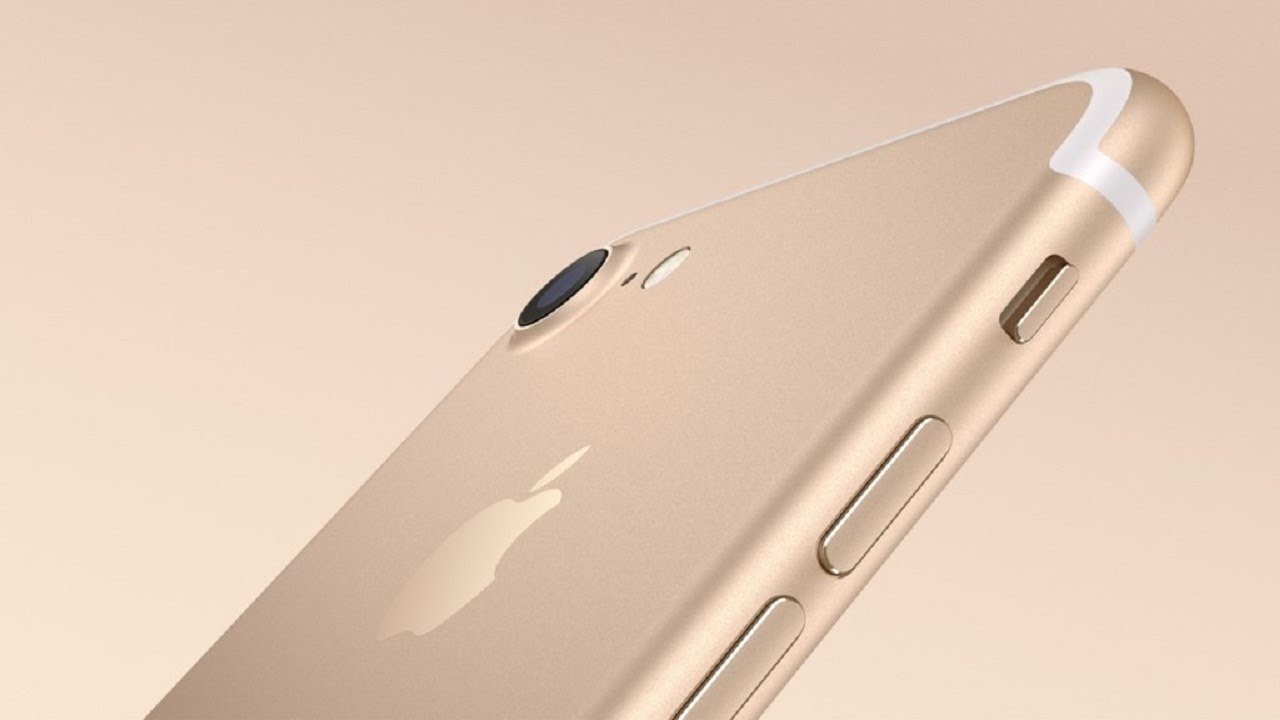Patent holding firm picks up Sony & Nokia IP, files suit against Apple
Non-practicing entity Ironworks Patents has filed a lawsuit against Apple, hoping to claim up to 12.5 cents per iPhone for U.S. patents originally belonging to Sony and Nokia.
One of the patents, from Sony, covers the ring silencing feature on cellphones, and was filed in 2001 with a 1994 priority date. Two Nokia patents cover silent alarms, including vibrations, and were filed in 2000 and 2004.
The suit is effectively a continuation of a case brought by MobileMedia, which won $3 million in damages last year, later raised to $10.7 million. Apple is appealing that verdict, but earlier this year MobileMedia — in which Sony and Nokia had minority stakes — sold its portfolio to the newly-created Ironworks.
The latter firm is looking to collect royalties from more recent iPhones, stretching from the iPhone 4S through to the iPhone X. The MobileMedia suit focused on older hardware, namely the iPhone 3G and 4.
Back in May, Apple and Nokia settled a major patent dispute through terms such as a multi-year licensing agreement and a $2 billion cash payment by Apple.
 Roger Fingas
Roger Fingas








 Amber Neely
Amber Neely
 Thomas Sibilly
Thomas Sibilly
 AppleInsider Staff
AppleInsider Staff
 William Gallagher
William Gallagher
 Malcolm Owen
Malcolm Owen
 Christine McKee
Christine McKee










22 Comments
There's gotta be prior art on this one.
"Thus, such a fear that persons in the surroundings may be troubled by the continuous ringing of the alert sound can be remarkably reduced. Further, since the situation that a power supply is cut off forcibly during all origination can be avoided, the fear that a person on the call origination side may be given an unpleasant feeling can be eliminated."
It's literately a patent on avoid hurt feelings. Where were the political correctness gone mad people when this was issued?
Damn low-lifes.
I see no problem with this.
The bar for an inventor has never been “you can only sell or license or defend your patent by first becoming a practicing entity.
I have several patents (owned by my former employer) but I’d rather talk about my friend, a classical self-employed inventor, who lives by inventing better devices and then selling or licensing his patents. He would never think to go into manufacturing as this not his dream. He has invented many useful things during his life and were he not able to sell or license them he wouldn’t have been prolific. His patents have value, and like a thing of value, they can be sold.
When end you put “non practicing entity” into the discussion, it is an attempt to render such companies illegitimate. If successful, this removes value from the patent’s originator, or anybody else who may have purchased it from him (because it removes a potential acquirer out of the competition.)
i don’t know who has been been beating the “a patent should not be honored if owned by a non practicing entity” drum but it diminishes the value of all patents, inventors and the system in general. I can only conclude that the fans of this argument either don’t know the law, are aligned with entities trying to avoid patent royalties or defense suits, or are not or have never known an inventor.
Patents sold by legitimate patent holders to non practicing entities should have been legislated against years ago, because 'damages' are impossible, unless the 'damages' refer to patent extortion.